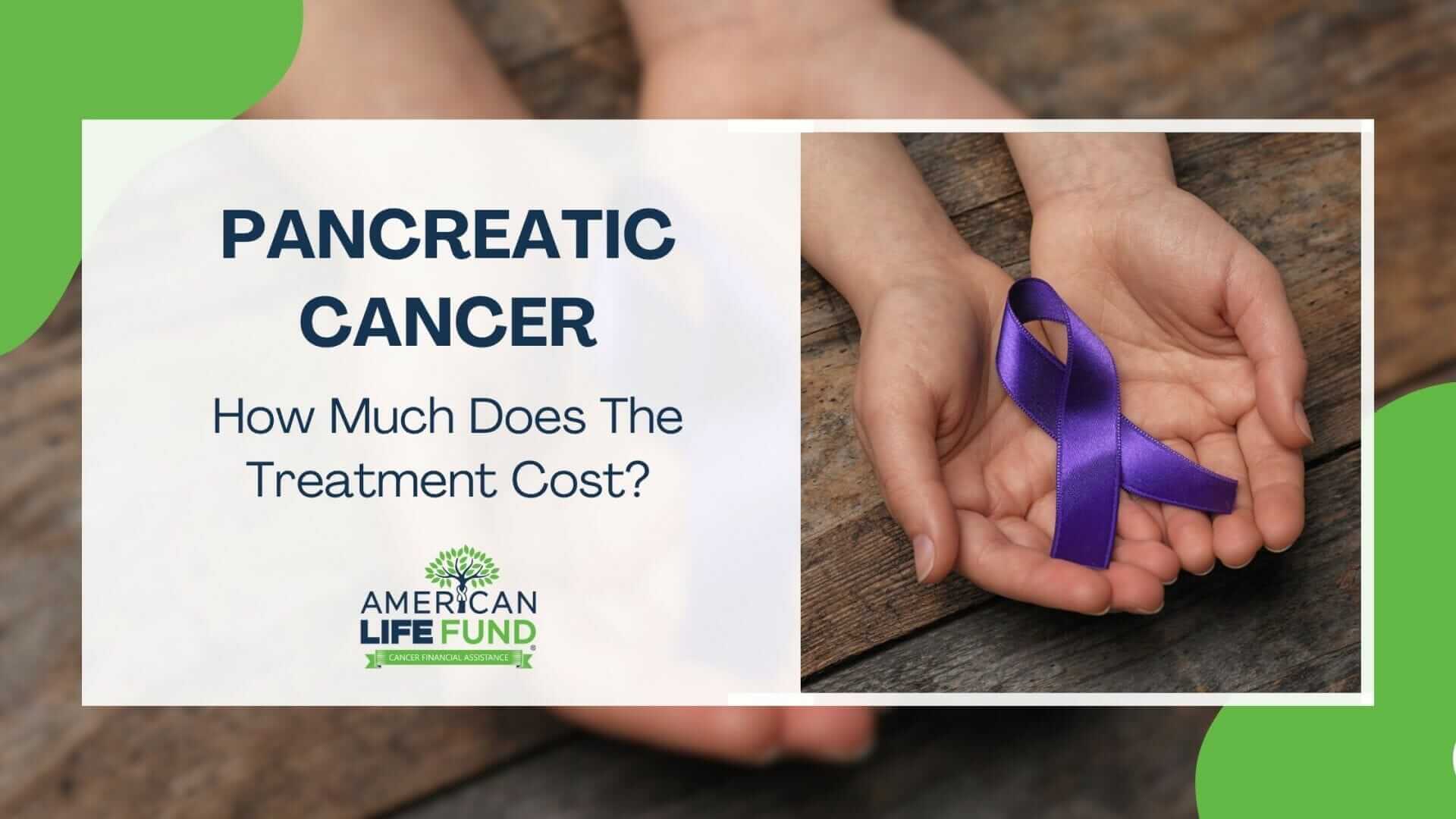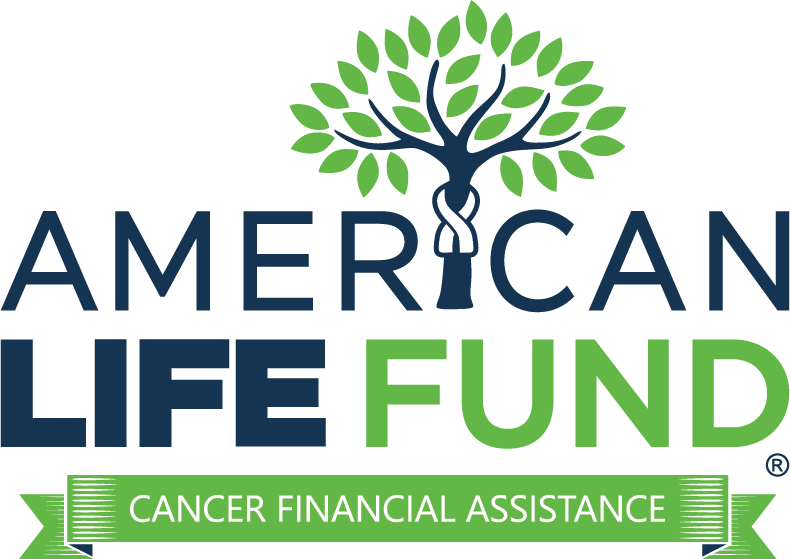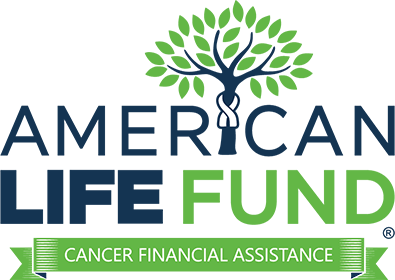Dealing with pancreatic cancer treatment costs can feel intimidating, but knowing what expenses to expect and where to find help can make a big difference. Costs can include not only the medical treatments like surgery and chemotherapy but also other expenses such as travel and lost work time. It’s important to explore every option for financial help.
This could be through government aid, nonprofit organizations, or even clinical trials that offer treatments at lower costs. Understanding your health insurance coverage and seeking out financial assistance can reduce stress, allowing you to focus more on your health and less on money matters. Taking these steps helps you manage the financial side of treatment more confidently.

The financial landscape of pancreatic cancer treatment involves concrete figures. Key components, such as surgery, radiation, chemotherapy, medications, doctor visits, and tests, contribute to the total costs. The screening phase alone ranges between $151 and $751. Reflecting on recent data, the average cost of treating pancreatic cancer in 2022 ranged from $30,000 to $150,000, contingent upon the specific treatment type and duration.
Stages of Pancreatic Cancer and Their Impact on Costs
The stage of pancreatic cancer significantly shapes treatment costs. Drawing insights from the National Cancer Institute, early-stage pancreatic cancer treatment can range from $30,000 to $100,000, while advanced-stage treatment costs exhibit variability, spanning from $61,621 to $134,682. A granular breakdown reveals stage-specific expenses:
- Stage 0: $48,477 (6 months after diagnosis)
- Stage 1 and 2: $82,121
- Stage 3: $129,387
- Stage 4: $134,682
These figures encompass procedures, treatments, and medications tailored to each stage, underscoring the cost-effectiveness of early intervention in achieving superior disease control.
Types of Treatments and Their Costs
Treating pancreatic cancer involves clear costs. Common treatments have specific prices, like:
- Surgery
- Radiation therapy
- Hormone therapy
- Immunotherapy
- Chemotherapy
Chemotherapy in the United States can cost anywhere from $1,000 to $12,000 monthly.
Radiation therapy averages about $9,000 monthly, and immunotherapy typically costs $10,000 and $12,500 monthly. Recognizing that these costs can vary based on individual situations, insurance coverage, and healthcare providers is crucial for patients when deciding on their healthcare.
Insurance Coverage and Its Role in Treatment Costs
Different insurance plans provide different levels of coverage, and the costs you pay can change. It’s crucial to understand health insurance benefits by looking at specific numbers. This helps ensure your medical expenses are sufficiently handled, easing the financial burden.
Additionally, we will explore ways to get financial help, like government programs, nonprofit organizations, advocacy groups, and clinical trials. These resources are designed to offer practical support to pancreatic cancer patients facing economic challenges during their journey.

Direct and Indirect Expenses in Pancreatic Cancer Treatment
Understanding the full scope of expenses in pancreatic cancer treatment involves direct and indirect costs. Direct medical costs encompass treatments, medications, and hospital stays, with the average direct medical expenses ranging from $5,819 to $134,682, depending on factors like the cancer stage and insurance coverage.
On the other hand, indirect expenses, such as lost wages, transportation, childcare or eldercare, home modifications, complementary therapies, and emotional support, present additional financial considerations. The average cost of post-treatment care and ongoing treatments varies, with an estimated average cost of $85,772 in the first year after diagnosis. Navigating these direct and indirect expenses is essential for patients and their families to plan effectively.
Direct Medical Costs
Direct medical costs play a pivotal role in the total cost of pancreatic cancer treatment. These costs include essential elements such as treatments, medications, and hospital stays. In the United States, expenditures for pancreatic cancer care totaled $29.8 billion in 2020. The average direct medical expenses for pancreatic cancer treatment range from $5,819 to $134,682, depending on factors such as the cancer stage and insurance coverage. Awareness of these costs is crucial for patients to develop a comprehensive plan that aligns with their financial capabilities.
Indirect Expenses
Pancreatic cancer patients face not only direct medical costs but also indirect expenses that can accumulate rapidly. Indirect expenses include lost wages, transportation costs, childcare or eldercare, home modifications, complementary therapies, and emotional support.
The average cost of post-treatment care and ongoing treatments for pancreatic cancer patients varies depending on the cancer stage, with an estimated average total cost of $85,772 in the first year after diagnosis. Patients and their families need to factor in these indirect expenses when evaluating the overall financial implications of a pancreatic cancer diagnosis.
Financial Assistance Options for Pancreatic Cancer Patients
Facing the financial challenges of pancreatic cancer treatment necessitates exploring diverse financial assistance options. This section outlines key avenues designed to lighten the economic burden for patients.
Government Programs
Government programs play a crucial role in providing support to pancreatic cancer patients dealing with treatment costs. Medicaid, Medicare, Social Security Disability Insurance (SSDI), and Supplemental Security Income (SSI) are notable examples.
Eligibility criteria may vary by state, emphasizing the importance of checking with your state’s Medicaid program for precise guidelines. These programs offer low-income individuals access to screening and treatment, providing essential aid to those in need.
Nonprofit Organizations and Advocacy Groups
Nonprofit organizations and advocacy groups, such as The National Pancreatic Cancer Foundation (NPCF), are instrumental in offering financial support to pancreatic cancer patients. Through grants and financial assistance, these organizations strive to help patients meet essential needs and alleviate financial strain during treatment.
To access these resources, patients can explore specific eligibility requirements outlined on the respective organization’s websites, providing tailored assistance to those in unique circumstances.
Clinical Trials
Participating in clinical trials is a valuable avenue for pancreatic cancer patients seeking financial relief. These research studies assess the safety and efficacy of new treatments, often providing access to innovative therapies at reduced or no cost.
Eligibility criteria for pancreatic cancer clinical trials may vary, considering age, cancer stage, previous treatments, overall health, specific genetic mutations, and informed consent. Regularly conducted clinical trials contribute to advancing treatment methods and allow patients to access novel interventions without the added financial strain.
Tips for Managing Pancreatic Cancer Treatment Costs
Effectively managing the costs associated with pancreatic cancer treatment requires strategic approaches. Explore the following tips to navigate the financial aspects of your healthcare journey.
Communicating with Healthcare Providers
Clear and effective communication with healthcare providers is key to navigating pancreatic cancer treatment costs. Employ strategies such as seeking accurate and transparent cost details, tailoring communication to your health numeracy level, keeping a record of conversations, and inquiring about potential payment plans or financial aid.
By adopting these practices, patients can prevent accumulating bills and facilitate robust financial planning.
Understanding Health Insurance Benefits
It is essential to empower patients to make informed choices about their treatment options and understand health insurance benefits. Health insurance typically covers various aspects of pancreatic cancer treatment, including surgeries, chemotherapy, radiation therapy, medications, diagnostic tests, and follow-up care.
The scope of coverage varies based on individual insurance plans. A thorough review of the insurance policy and an understanding of its limitations and coverage is key to lowering out-of-pocket costs for pancreatic cancer treatment.
Exploring Generic Drugs and Discounts
Exploring cost-effective options, such as generic drugs and discounts, is a practical strategy for managing pancreatic cancer treatment costs. Generic drugs offer equivalent efficacy and safety as their brand-name counterparts, often at a lower cost. Accessing health drug benefits, including discounts on prescription drugs, can be achieved through various programs and organizations, such as the PAN Foundation, the Partnership for Prescription Assistance, and NeedyMeds.
Trusted sources for finding medication coupons or discounts for pancreatic cancer treatment include prescription assistance programs listed on the American Cancer Society website, recommendations from pharmacists, and specific websites dedicated to providing cost-saving options, such as Verzenio.com and Cheap-rx.com. Patients can make financially informed decisions about their pancreatic cancer treatment by exploring these avenues.
Viatical Settlements: A Financial Option for Bile Duct Cancer Patients
When confronting the challenges of pancreatic cancer, individuals and their families often encounter substantial financial pressures. Viatical settlements, such as those provided by American Life Fund, emerge as an alternative financial avenue to consider.
Understanding Viatical Settlements:
A viatical settlement entails selling a life insurance policy to a third party, resulting in a lump sum payment for the policyholder. This financial arrangement is commonly pursued by individuals confronting life-threatening illnesses, like pancreatic cancer, who urgently need funds for medical expenses and other financial obligations.
How American Life Fund Supports:
Specializing in viatical settlements, American Life Fund is committed to aiding individuals facing severe illnesses, including pancreatic cancer. Opting for a viatical settlement can empower patients to receive a lump sum payout promptly, addressing immediate financial concerns without the delays associated with life insurance payouts. Check out our guide on viatical settlements for more information.
Advantages of Viatical Settlements for Pancreatic Cancer Patients:
- Immediate Financial Alleviation: Viatical settlements offer a swift source of funds, providing crucial financial support during the challenging journey of pancreatic cancer treatment.
- Versatility in Utilization: The lump sum acquired through a viatical settlement can be applied for various purposes, such as covering medical expenses, exploring alternative treatments, or enhancing overall quality of life.
- No Repayment Obligations: Unlike loans, viatical settlements do not impose repayment obligations. The funds obtained become available for use without additional financial responsibilities.
Factors to Consider Before Opting for a Viatical Settlement:
- Impact on Life Insurance Coverage: Selling a life insurance policy through a viatical settlement will affect the policyholder’s life insurance coverage. Weighing the benefits against potential consequences is crucial.
- Consultation with Financial Advisors: Patients are advised to consult with financial advisors, healthcare professionals, and legal experts before making any decisions, ensuring a comprehensive understanding of the implications.
While viatical settlements may not be suitable for everyone, they stand as a valuable financial tool for pancreatic cancer patients seeking immediate relief. Providers like American Life Fund extend support during these challenging times, assisting individuals in navigating their financial options with compassion and understanding.
Summary
Navigating the financial landscape of pancreatic cancer treatment involves understanding direct and indirect expenses. Direct medical costs, covering treatments, medications, and hospital stays, range from $5,819 to $134,682, with the overall cost of post-treatment care averaging $85,772 in the first year. Indirect expenses, including lost wages, transportation, and complementary therapies, further contribute to the financial considerations for patients and their families.
Financial assistance options play a crucial role in easing the economic burden. Government programs like Medicaid offer support, while nonprofit organizations and advocacy groups provide financial assistance through grants and aid. Clinical trials offer an avenue for accessing innovative treatments at reduced or no cost.
Effective management of pancreatic cancer treatment costs involves
- Clear communication with healthcare providers
- Understanding health insurance benefits
- Exploring cost-effective options like generic drugs and discounts
By adopting these tips, patients can make informed decisions about their healthcare while minimizing the financial impact of pancreatic cancer treatment.
Frequently Asked Questions
What is the average cost of pancreatic cancer treatment?
The average cost of pancreatic cancer treatment varies widely based on factors such as the stage, type, and duration of treatment. Estimates suggest a range between $30,000 and $150,000. If insured, the patient’s portion of the bill can typically be between 10 and 15 percent.
How much does treating pancreatic cancer in the first stage cost to treat it?
On average, the cost of treatment for first-stage pancreatic cancer is approximately $71,909 over two years. Costs are influenced by factors such as chemotherapy and non-cancer treatments.
Does insurance cover pancreatic cancer treatment?
Most insurance plans provide some coverage for pancreatic cancer treatment. However, the extent of coverage and any out-of-pocket expenses can vary. It’s crucial to research and understand the specifics of your insurance plan.
What are some examples of direct and indirect expenses in pancreatic cancer treatment?
Direct expenses include treatments, medications, and hospital stays, with average costs ranging from $5,819 to $134,682. Indirect expenses encompass lost wages, transportation, childcare, home modifications, and emotional support, with an estimated average cost of $85,772 in the first year after diagnosis.
Are government programs available to help with pancreatic cancer treatment costs?
Yes, government programs such as Medicaid, Medicare, Social Security Disability Insurance (SSDI), and Supplemental Security Income (SSI) provide support for individuals dealing with pancreatic cancer. Eligibility criteria may apply.
What financial assistance options are available for pancreatic cancer patients?
Financial aid options include government programs (Medicaid, Medicare, SSDI, SSI), nonprofit organizations (specific to pancreatic cancer), and clinical trials. These resources offer various forms of support to alleviate the financial burden of pancreatic cancer treatment.
How can patients manage pancreatic cancer treatment costs efficiently?
Patients can manage costs by communicating effectively with healthcare providers, understanding health insurance benefits, exploring options for generic drugs and discounts, and seeking financial assistance from government programs, nonprofit organizations, and clinical trials. These steps empower patients to make informed decisions about their treatment options and reduce out-of-pocket expenses.





